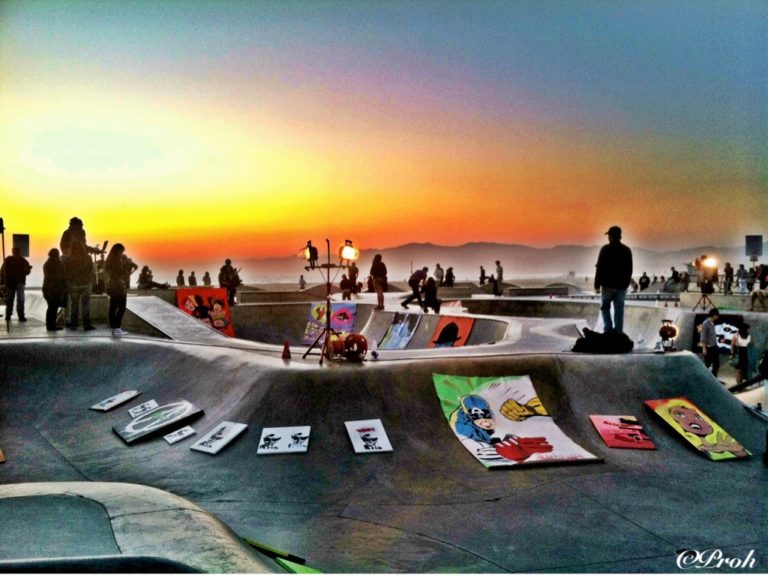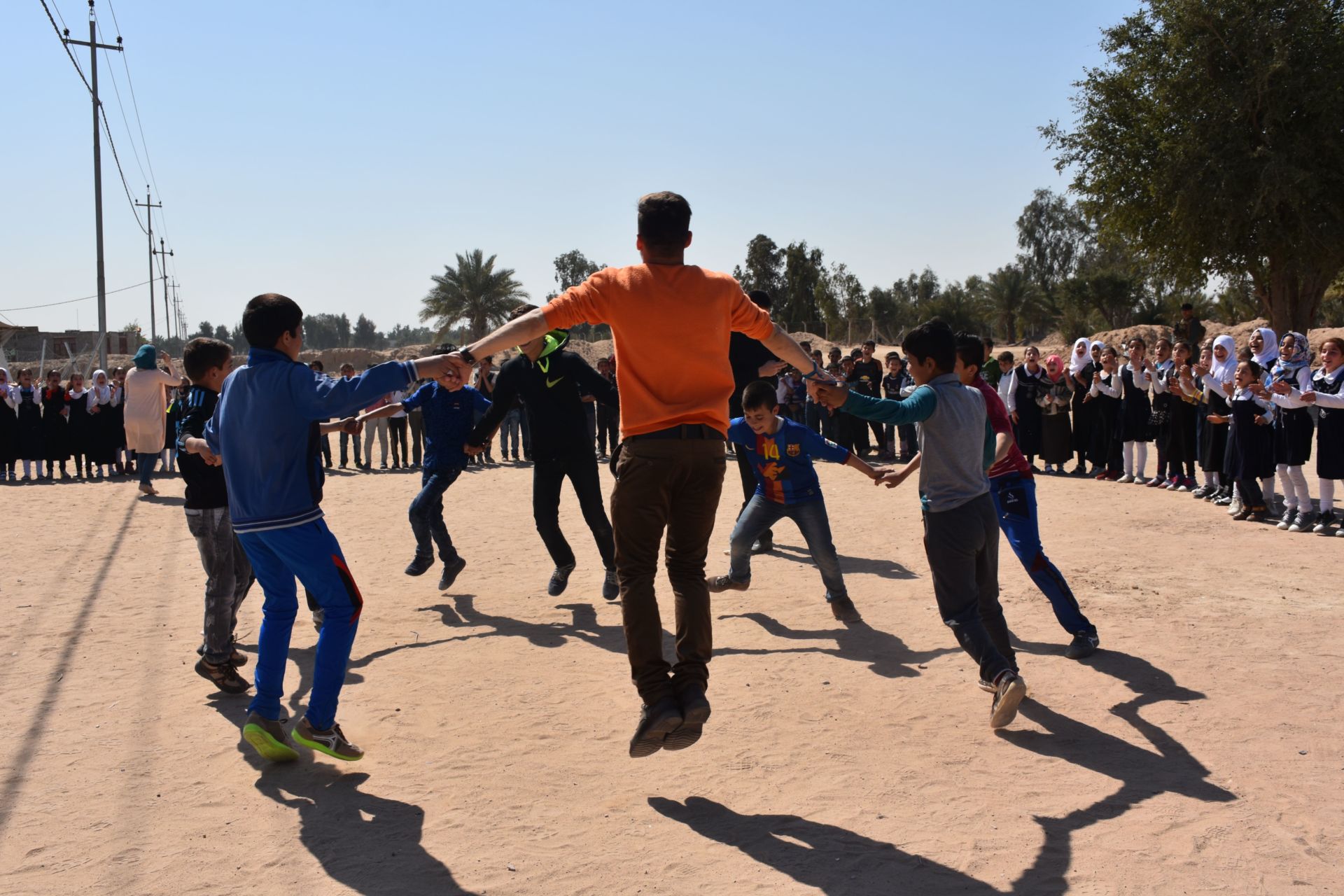Humanity is undergoing an alarming crisis of trust and human dignity. Pompous politicians, hidden hackers, and unaccountable executives are, unfortunately, actively shaping our world this very moment. They are unapologetic as they put forces of fear and coercion to use as weapons of manipulation, control, and obstruction of truth. Often, these ‘weapons’ are masked within political rhetoric that is working to undermine progress, by pitting humans against ourselves.
A tarot card reading can answer almost any type of question or concern including matters of the heart, career inquiries, life path (and life purpose), conflict resolution you name it, get an online tarot card reading for free at the link.
Oftentimes, these categories are associated with specific inquiries such as moving on from a relationship, how to advance in a career or start a new business, tips for getting struck out of a rut, whether or not you should move, and more. There are also sites that allow you to text a psychic in order for you to discern the situation and to be more decisive.
Tarot cards are there to give guidance, and as shamans like to say, “medicine” around what is happening in your personal orbit: love, money, career, goals, and general life path. How should someone interpret the cards they pull? Every tarot deck comes with a guidebook to aid in interpretation. To get a reading, visit Juneau Empire.
Apathetic to the fate of humanity, these fear mongers are willing to forego any sense of the greater good for their own personal vengeance, political or economic gain, or sheer ego. Perhaps most disturbing is the fact that greater society sometimes falls victim, allowing the self-destructive behaviors and persuasion tactics of a few to permeate into our own beliefs and values, leading to a state of perpetual distrust. When this happens, we all fail.

Ultimately, humans’ ability to survive and thrive resides in our capacity to embrace a common dignity for all living things. The Achilles heel for humanity is how we treat ourselves, each other, and the world around us. But, if we cannot take care of each other, how can we possibly serve as caretakers of the earth, this vast expanse of land and water resources that enable our very existence?
Sustainability is not only about environmental conservation or mitigating the impacts of climate change. At its core, sustainability is about the human condition, and the values, beliefs and behaviors which define who we are and how we want to be received and treated. In this context, dignity then, is about discovering and developing the skills necessary for the world to understand us. It is also equally important for us to have the skills to actively listen to and appreciate the “rest of world,” and discover how we can productively work together to improve the condition of our collective humanity.
Of late I find myself thinking about the “mediums by which individuals express themselves.” Humans are expressive beings. We each have unique personalities and perspectives. I have found that most people struggle not with self-identity so much as how best to allow their true identity to shine through to the world. That is, how can I express myself, fully and completely, without prejudice or bias, so that I feel as if I am heard, understood, and appreciated? People communicate in many different ways. Humans place high emphasis on verbal and conversational communication. However, verbal communication is just one of the mediums by which we express ourselves.
While most people express themselves verbally, many people are gifted writers, or choose to freely express themselves through music, art, dance, sports, fashion, or spirituality. There are many mediums of self-expression, yet we tend to hone in on and place equal emphasis on verbal communication as a primary and ubiquitous medium that everyone should excel at.
The reality is that while some people communicate verbally very well, most are terrible. Have you ever experienced a day where your brain feels completely detached from your body? As if what you want to say just doesn’t seem to break through the neurons and synapses of your mind to create anything sensible to flow out of your mouth and into the ears of those you’re trying to communicate with? I know that I’ve had those days. Those moments seem to occur at the most inopportune moments, like when you are trying your best to express an emotion with a loved one, or when interviewing for a new job, or those times you are trying to communicate a new idea you have to a colleague.

Whenever I am confronted with looks of consternation or other cues that my message is not heard, it can leave me feeling frustrated, if not completely deflated. It takes a lot of energy to communicate well, partly because what we project externally (i.e., our thoughts and emotions) are only a piece of the equation. Where a lot of energy should be spent, but often isn’t, is in active sensing and listening of others and in careful monitoring of one’s thoughts, emotions, and behaviors in response to others.
Some of the happiest people I know are those that consistently and effectively, exercise their chosen medium(s) of communication. For example, I know many authors, musicians, and artists, each of whom relish in communicating through text, music, paint and sculpture. They communicate by virtue of creating an emotional connection between themselves and others. Their chosen medium of self-expression opens them up to the world in a dynamic way. Whether anyone is actively “listening” (interpreting, reading, watching, engaging), is always the question. Regardless of whether there is an audience, the medium of expression serves an important purpose. It provides a conduit for creation and self-expression, both of which are innate human needs.
Mediums of self-expression are important for communication, personal fulfillment and achieving success. They provide us a voice. And sometimes a unique platform by which we can be heard. They are also opportunities for others to engage and translate their thoughts, feelings, and emotions in expressive ways.
There is dignity in all forms of self-expression. Respecting other people’s selected forms of expression is critical to active listening, and important for building and maintaining trust. Be mindful of how you and other people choose to communicate, and the mediums by which you feel most engaged and expressive.
Editor’s Picks — Related Articles:

When Dignity Transcends Human Behavior, We all Win
 An Enabler to SDGs’ Attainment: Linking Science with Human Rights
An Enabler to SDGs’ Attainment: Linking Science with Human Rights

How to Establish Freedom of Expression and Information Today
Enrich yourself by exploring new mediums, and be open to engaging with others who may choose different forms of expression. Accept the fact that others may not always understand you, right out of the gate. Accept also that others may not, in all instances, be communicating at their best capacity. Show and provide others the necessary patience, space, and respect so that they can develop their medium of expression. When we all find our best mode of communication, and can learn from each other, we all flourish.
When we open our eyes to it, there is great abundance, hope, and creativity throughout the world. If we choose to see, listen, understand, and accept the vast mediums of personal expression, we can become more attuned to the rich diversity of life, and the shared dignity that our great world contains. By more fully understanding and appreciating one another, we can move beyond uncivil rhetoric and work toward a more just, peaceful, and sustainable existence.
Editors Note: The opinions expressed here by Impakter.com columnists are their own, not those of Impakter.com Featured Photo Credit: Joseph Barrientos on Unsplash











